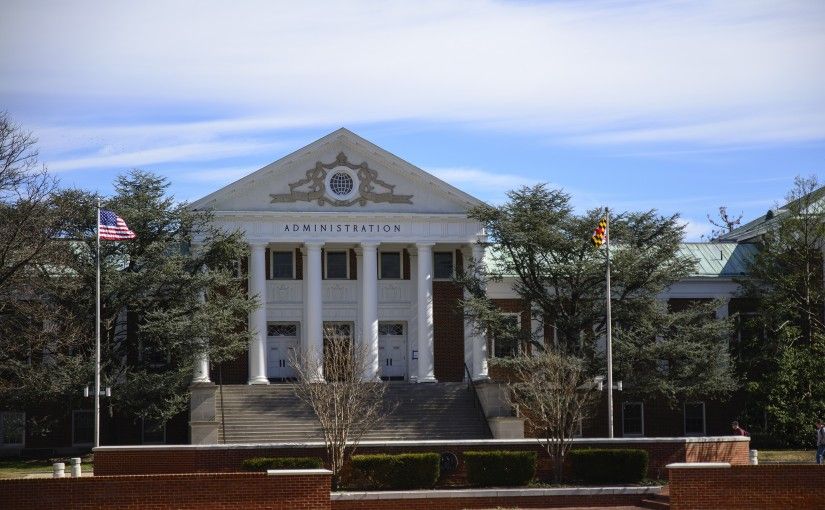Views expressed in opinion columns are the author’s own.
I believe students must be involved in decisions that affect us, especially decisions about where our money goes. In my past four years as a student at the University of Maryland, I’ve been increasingly disappointed with how the administration chooses to spend its resources — and increasingly outraged at how student needs are so rarely taken into account.
I’m now about to graduate, and I will not donate a single cent to this university until it dramatically reforms its systems of governance and commits to giving marginalized students the power they deserve. I implore my fellow graduating seniors and alumni to do the same.
This university, like most universities in the U.S., heeds the wishes of donors far more than the needs of students. Students and our families are now expected to pay an increasingly large share of the university’s operating budget while state funding rapidly declines, and university officials rely heavily on alumni donations for capital budget items. That’s why we have money bursting at the seams for the Iribe Center and Cole Field House, yet graduate student workers and some faculty aren’t paid a fair wage.
The issue with the increased emphasis on donor and alumni giving is that since it’s done discreetly, that money cannot be democratically controlled, as I’ve written about previously. In the absence of student and faculty input on this university’s budget, the only effective leverage they have comes from calling on donors to restrict or withhold their donations.
The case of the Maryland Food Co-op illustrates how students are shut out of decision-making, yet they’re still fighting for their voices to be heard. The RHA and SGA have both provided their legislative support to the Co-op, and student leaders have been garnering community support to reverse Stamp’s decision to shut it down. But at the end of the day, the power to close it or keep it open lies in the hands of a select few administrators rather than the students, workers and other community members who benefit from the Co-op.
As a result, the Solidarity Co-op — the Co-op’s membership group, which I’m an active part of — has called on alumni and the student community to pledge not to donate to the university until the administration commits to securing a worker-owned community space, whether it be the current co-op or, if it closes despite organizers’ efforts, a new cooperative to take its place.
The organizers’ plan to leverage the financial and political power of alumni is a good one. One recent example comes from this university’s athletic department scandal this past fall following the death of Jordan McNair. Major Maryland donor Karen Levenson, one of the funders behind the Do Good Institute, halted her donations to the school to pressure officials to reshape their methods of governance.
Levenson’s pledge, coupled with extensive media coverage and pressure from elected officials, went a long way, culminating in the Maryland General Assembly’s bill to reform the Board of Regents — though I would argue those modest reforms don’t go nearly far enough.
Preserving the Co-op is just one of many student concerns right now. Other activists are calling for divestment from military contracting companies, an improvement to our campus mental health resources, changes to our Title IX response procedures, graduate student collective bargaining rights and so many more important issues.
Ideally, the power balance should be shifted in favor of students, workers and faculty, rather than administrators, alumni and donors. But since the scales are tilted the other way right now, it’s crucial that alumni who care about the wellbeing of students at this university join their calls for solidarity and pledge not to donate until students’ demands are met.
Olivia Delaplaine is a senior government and politics major. She can be reached at odelaplaine15@gmail.com.



